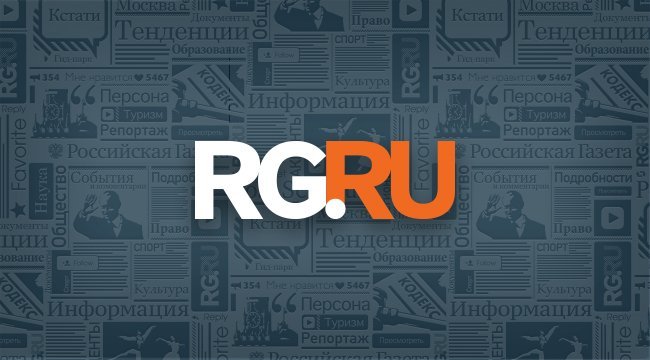According to the forecast of the Ministry of Energy, in 2025 the average salary will increase to 99,952 rubles, and in 2026 to 110,169. The amounts in the document are indicated before deduction of personal income tax (NDFL), taking into account bonuses and. assignments.
By the end of this year, the Ministry of Economic Development expects an increase in nominal wages of 17.9% compared to 2023, when they were then 74,854 rubles. In 2025-2027 the increase in average salaries will not be as rapid: 13.2%, 10.2% and 8.3%, respectively. In real terms, adjusted for inflation, the ministry forecasts wage growth of 9.2% in 2024, 7% in 2025, 5.7% in 2026 and 4.1% in 2026.
The method by which Rosstat and the Ministry of Economic Development calculate the average salary is quite simple and straightforward, Viktor Lyashok, a leading researcher at the Institute of Social Analysis and Forecast of the Presidential Academy (RANEPA), told Rossiyskaya Gazeta.
“The total salary fund before deduction of personal income tax of all legal entities is determined and divided by the total number of employees of these organizations. This method has its own peculiarities. It does not take into account the labor income of individual entrepreneurs. the workers they hire, as well as the self-employed and those who work in the underground sector of the economy. “It will also not be possible to estimate wage inequality between different groups of workers, but it is not necessary to do so for the calculation. know how much each specific employee receives,” said the expert.
To eliminate some of the limitations inherent in the method of calculating average wages, economists additionally estimate their average value. The average wage is the amount of money that divides all workers into two equal parts. Half of the workers have a salary higher than this amount, while the other half have a lower salary. Simply put, medium means ordinary. According to the Sberindex service, in July 2024 it amounted to 63,176 rubles. with an average salary according to Rosstat of 85,017 thousand rubles.
“To calculate the average salary, it is necessary to know the salary level of all workers, and this is much more complicated, which is why Rosstat gives estimates about it only once every two years and it is not used in forecasts. Ministry of Energy,” said Viktor Lyashok.
The average salary of representatives of different professions in Russia can vary several times. Thus, according to calculations by the Headhunter portal, the average salary of a janitor is 31.1 thousand rubles, but over the last year it has increased by 24%. At the same time, the average salary of a turner, miller or grinder is 140.8 thousand rubles, and during the year they began to receive 32% more. For doctors – 85.2 thousand rubles. (+21%), for cooks: 55.6 thousand rubles. (+16%), from sales advisors – 48.3 thousand rubles (+23%).
However, these figures do not fully reflect the growth of the well-being of Russians, since the prices of goods and services also do not stop. Therefore, the forecasts of the Ministry of Economic Development indicate not only the dynamics of salaries in nominal terms, but also in real terms, that is, taking into account inflation.
“If salaries grow in absolute terms, this does not mean that, taking inflation into account, they are also forced to increase. In the Russian labor market, the dynamics of real wages is strongly correlated with the indicators of economic growth of employers, if the situation is so. in the markets it gets worse, you have many opportunities to reduce labor costs or simply not increase wages, and this, in conditions of fairly high inflation, leads to a decrease in your purchasing power,” explained Viktor Lyashok.
In times of prosperity, wages in Russia grow annually by 2% to 4% above inflation, reflecting the general increase in labor productivity, Sofya Donets, chief economist at T-Investments, told RG.
“For our country, this is a normal growth in real wages. When the economy overheats, wages accelerate, when it cools, they slow down, but sustainable dynamics do not go beyond these values and yet remain good news. is that, despite all the difficulties, salary increases are outpacing inflation,” he noted.
Another feature of the issue is the difference in salaries in different regions, when the average salary in Moscow can be two or more times higher than the average salary in the regional center, Sofia Donets added. As a result, residents of different regions of Russia often look at Rosstat figures with bewilderment.
“The difference between salaries in central and remote regions is, in general, a global practice and not a purely Russian peculiarity. Living in the capital is more expensive in almost all countries in the world and work also pays more. for the less obvious difference between the average salary and the average salary, then it depends on the difference between the minimum and maximum salary. The greater this difference between the rank and file and the management level, the more the average salary will be ahead of the median. Unfortunately, the difference is still large, but it has been decreasing in recent years,” he explained.
In “defense” of the average salary indicator, it must be said that it is more convenient to use it for economic purposes, including economic planning, which is why the Ministry of Economy works with it, concluded Sofía Donets.

